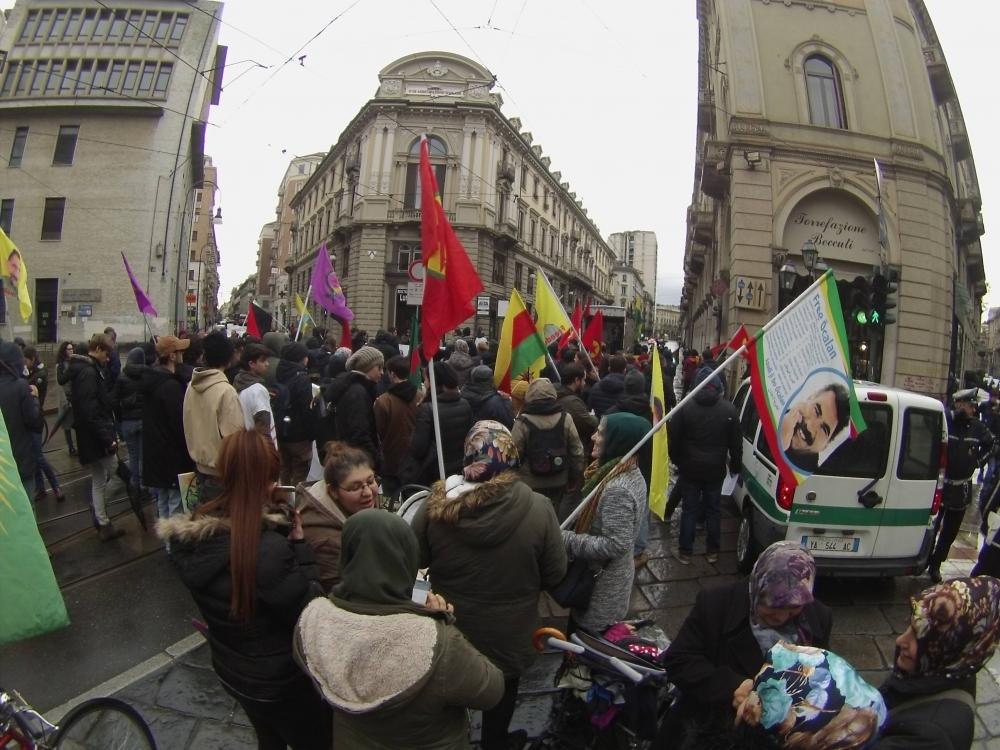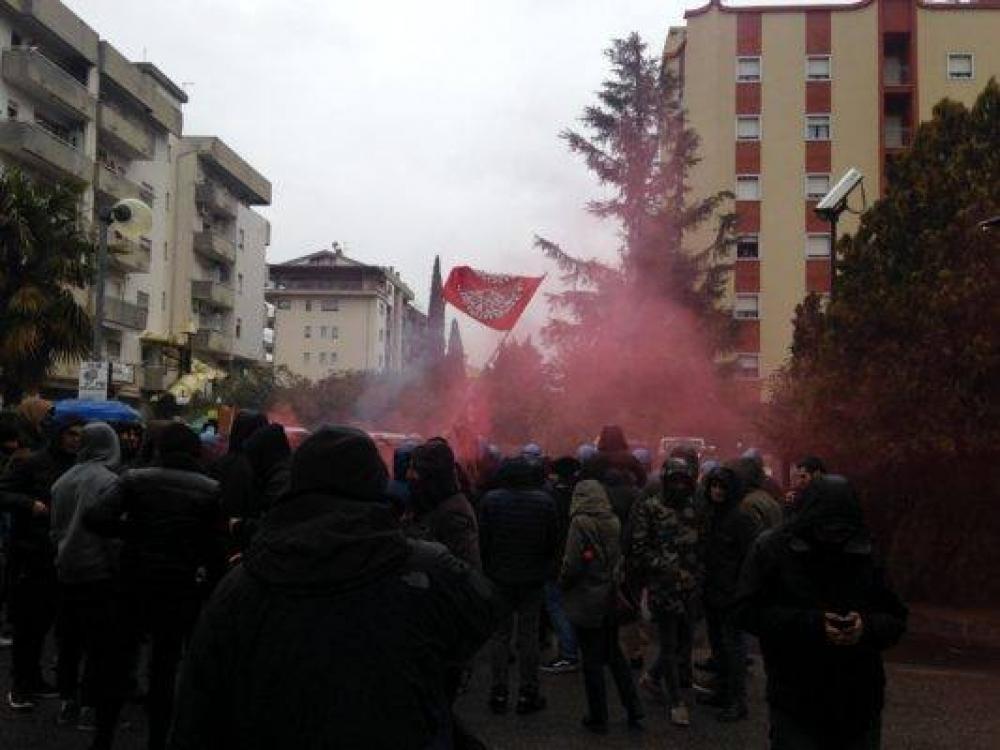
The waning article 18

On the inside of the modern technical composition of labour, that in the last 10 years has become predominantly precarious, article 18 has become a device with which very few are acquainted. Even so, while article 18 remains outside the reach of many, all would want to make use of it, had they the chance.
Instead, article 18 has become the last bastion of resistance for a single, isolated segment of the labour movement; a symbolic defence of union identity. In this defence, the only part of the article actually valued is the purely formal, almost calligraphic symbolism of its title, “art. 18”. This reflects an inability to understand, or rather, the charade of not understanding, that an act of resistance, however large or small, is destined to defeat if it does not expand the scope of its solidarity. Even more certain is the fate of such resistance when it doesn’t even try to enlarge itself to encompass the social base of the rest of the labour force!
This could have been a point of departure from which to revive and expand to the entire world of labour a battle for which the latter feels the need. Instead, over the years work has been done to divide and never to recompose, and now everyone must bear the fruit. At the very moment in which cracks have appeared in the enemy’s discourse concerning ‘the good of the company’ and ‘flexibility’, a battle over work is not successfully being initiated.
Even Napolitano [the President of the Republic, a largely symbolic role], is starting to feel the need to say that he isn’t the ‘president of the banks’, because, as we have already written in an editorial and as the contestations [against Napolitano] of yesterday in Cagliari have shown, his spell has been broken. And Napolitano, knowing the severity of the tragedy that is still yet to come, is attempting to protect his honour.
Yesterday Guido Viale wrote in The Manifesto [a national newspaper] that “Greece is only a year ahead of us along the road to disaster”, explaining why in a phase of recession no economist knows how to achieve the objectives of the ‘Fiscal Compact’ [a German inspired pact of austerity agreed to by EU member states] and why no one poses the problem of the social consequences of these objectives.
But in the meantime, Monti having taken care of pensions and national contracts, now sets his sights on article 18. A battle could have been fought on this ground, a battle that should have looked to the future, that should have focused on its own enlargement, but is instead now past full-time and will resonate as probable defeat or even worse won’t resonate at all! All this to the joy of the various hacks surrounding Veltroni, and to the rage of the millions of precarious workers in Italy that is yet to be organised.
Ti è piaciuto questo articolo? Infoaut è un network indipendente che si basa sul lavoro volontario e militante di molte persone. Puoi darci una mano diffondendo i nostri articoli, approfondimenti e reportage ad un pubblico il più vasto possibile e supportarci iscrivendoti al nostro canale telegram, o seguendo le nostre pagine social di facebook, instagram e youtube.




















